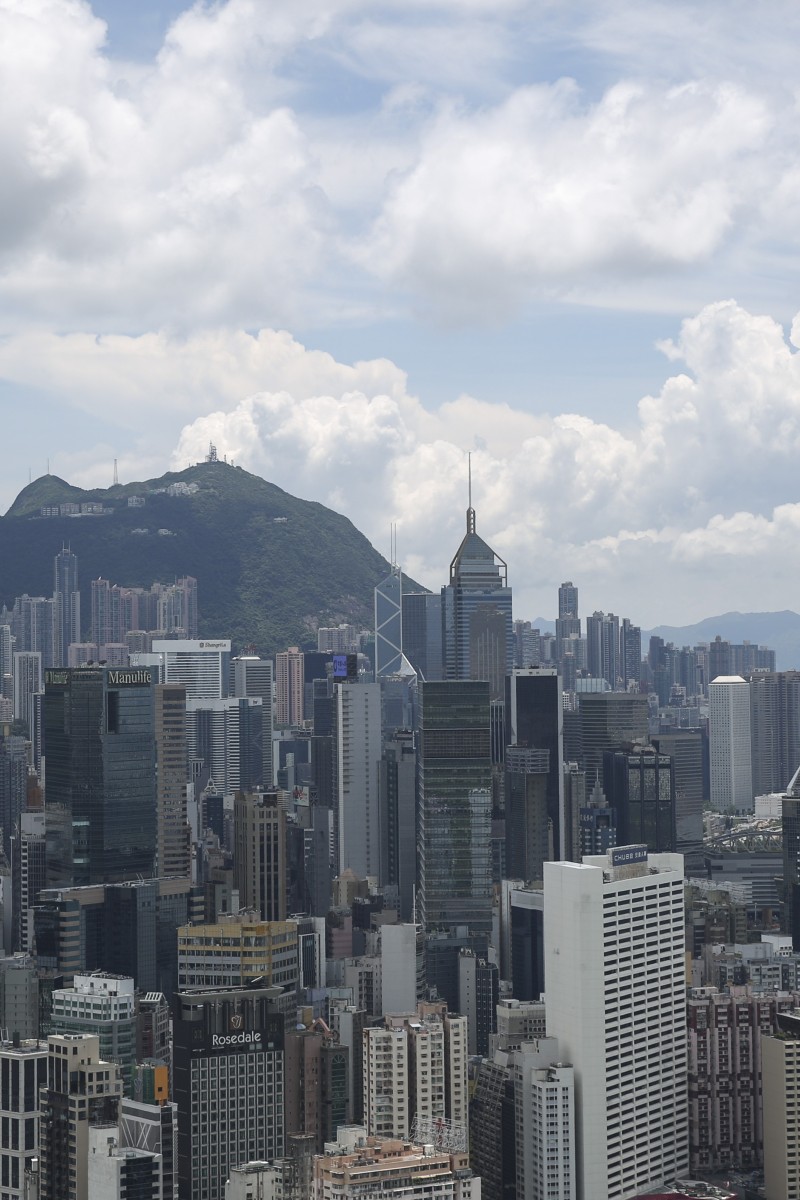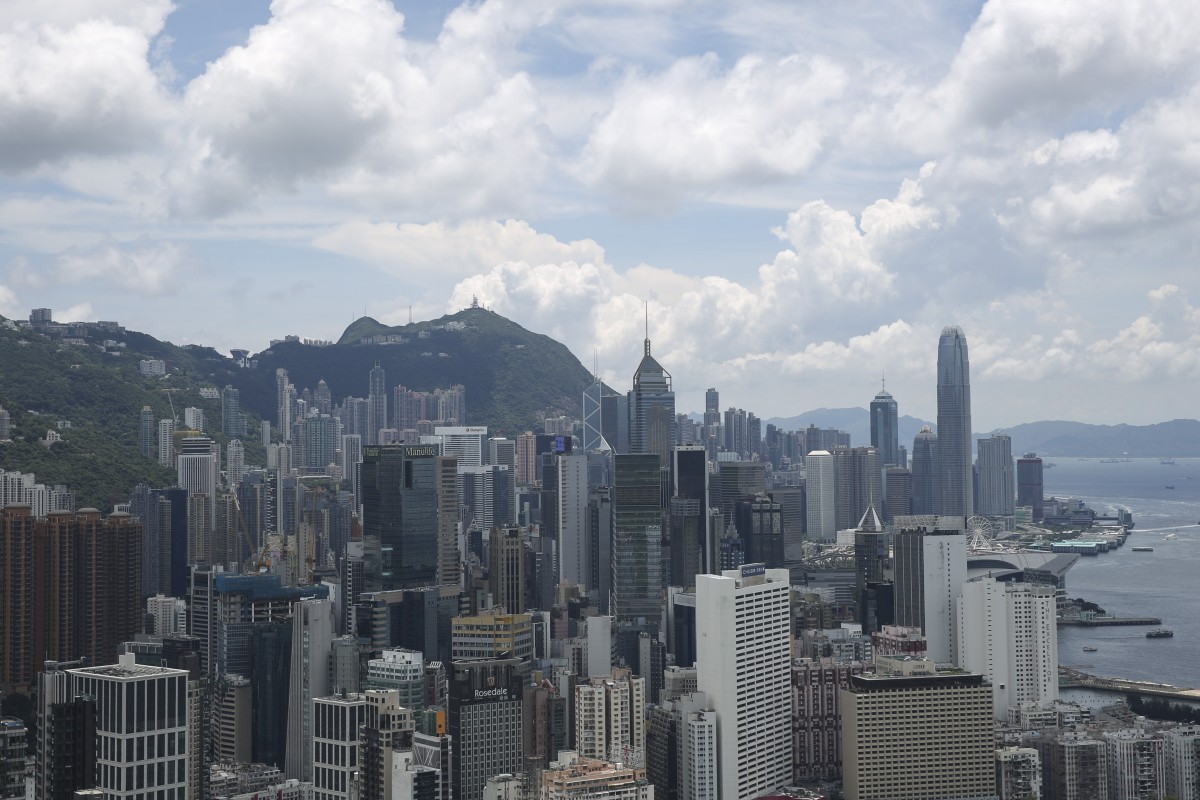
How Hong Kong made me a capitalist
Wealth generated by free trade helps Hong Kong introduce social welfare programmes for the underprivileged
 Hong Kong is a testament to the power of capitalism and free trade.
Hong Kong is a testament to the power of capitalism and free trade. Hong Kong never ceases to amaze me as a testament to human achievement. Every time I look out from The Peak at the vast skyline stretching across Victoria Harbour, I am in awe that such a city could have been built in such a short period of time.
The key to Hong Kong’s unprecedented development lies in its prime location at the mouth of the Pearl River Delta, but more importantly, its acceptance of free trade. Being able to see first-hand the effect that embracing free trade has had on the city’s development has convinced me of the productivity of capitalism, and fundamentally altered my outlook on economic systems.
Comparing Hong Kong to its larger neighbour, the People’s Republic of China, one can easily see the attraction of free trade. As a British colony, Hong Kong grew from a fishing village to an international trade and financial centre. At the same time, the mainland fell into a state of economic isolation. Only after China adopted an “open-door policy” and established special economic zones in coastal cities did we see the rapid development of the mainland and the emergence of the middle class in the same way that Hong Kong had done many years ago. Whether they would like to admit it or not, I believe that Chinese Communist Party officials recognise the benefits of a free-trade model similar to that of Hong Kong, and as a result, China’s economic liberalisation is continuing.
Hong Kong has been consistently ranked as the number one country in the world for economic freedom, and the city’s free-enterprise principles are evident in its rapid growth. Sha Tin, the territory in which my school is located, is a fine example of this. Before the 1970s, Sha Tin was agricultural farmland, but now, there are more than 600,000 people living in the area who have benefited from Hong Kong’s free-market capitalism.
Today, I can walk out of my school, take the clean and highly efficient MTR, and arrive at a shopping mall that has nearly every product I could ask for, all in a matter of 10 minutes. To think that none of this existed 40 years ago is truly astounding, and a testament to the positive effects that free trade can bring to a society.
Make no mistake, there are flaws in a completely unregulated system, such as in Hong Kong. The city has one of the highest wealth gaps in the world, and poverty is a big problem. However, the government has taken steps to address these issues, because it has a responsibility to help people who are struggling to survive. I would argue that the government can afford to introduce social welfare programmes which benefit the have-nots, thanks to the huge amounts of wealth generated by free trade. Usually, countries which benefit from lucrative global trade can provide the highest-quality social safety nets to their citizens.
I’m not under any delusion that Hong Kong is an equal society. It is polarised, but it is also highly productive and active, fully deserving of its title as “Asia’s World City”. I believe that we should seek to learn from both our advantages and pitfalls to build an even better system in future. Hong Kong has helped me realise that global trade, when cultivated properly, can help us build a prosperous future that we would have never thought possible.